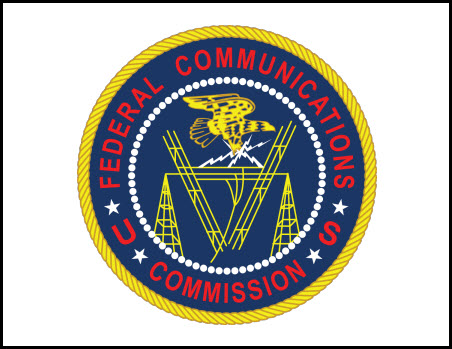Ex-Govt. Officials Push FCC Toward FTC Privacy Model
The smarter way to stay on top of the multichannel video marketplace. Sign up below.
You are now subscribed
Your newsletter sign-up was successful

Former officials in the Obama Administration and a former high ranking Democratic congressman got together to root FCC chairman Tom Wheeler on in what they suggested was his move toward a more FTC-based approach to protecting consumers' personal information online.
On a conference call with reporters Wednesday were Jon Leibowitz, former chairman of the FTC who now represents communications companies (NCTA helped organize the call); Henry Waxman, former chair of the House Energy and Commerce Committee, who also reps communications companies, among others; and Nancy Libin, former DOJ chief privacy officer, joined by Emmett O’Keefe, SVP of advocacy for the Digital Marketing Association.
Related:Waxman: FCC Broadband Privacy Proposal Would Harm Consumers
The call came the day before the FCC is expected to put a broadband privacy proposal on the agenda for a vote at the October public meeting. It also came as there were reports, based on ex parte filings and Wheeler's comments at a Hill oversight hearing, that the proposal might be moving toward a more "privacy by design" approach applied by the Federal Trade Commission to broadband privacy before the FCC inherited that authority by reclassifying ISPS as common carriers.
All the participants encouraged the FCC to move in that direction, saying the original approach of requiring subs to affirmatively agree to most third-party uses of their information was consumer unfriendly, created a un-harmonious regulatory regime given that the FTC still applied its approach to edge providers, and argued it would be tied up in court.
Both Leibowitz and Waxman said they supported network neutrality, but not the opt-in approach Wheeler has said was needed to protect customer information.
Leibowitz said it was crucial to get privacy rules right, but that unless the FCC harmonized its approach with that of the FCC, it would "choke off" consumer benefits. O'Keefe seconded that, pointing out that targeted marketing supported the free info that Web users have come to expect and that funded an online model representing millions of jobs and billions of dollars.
The smarter way to stay on top of the multichannel video marketplace. Sign up below.
Rather than make most third-party uses of data an opt-in choice, they want the FCC to tailor protections to the sensitivity of the data. Stronger protections for health and financial data, or for kids, but essentially inferred consent for marketing data that better targets a consumer's interest -- and supports all that free Web info.
They said the good news is that the FCC seems to be listening, and they were hopeful the item that eventually got voted was better harmonized with the FTC, though Leibowitz said even then the devil would be in the details; for instance, just what the FCC would treat as sensitive information. He pointed out that the FTC did not treat Web browsing info as sensitive.
Waxman said the issue was not about whether to protect privacy, but how to do it. He said that he hoped the FCC would recognize they should not be so out of alignment with what the FTC was doing. He did not say they had to be in lockstep, but that consumers had some expectation that they would not be treated differently by different parties across the Internet.
Both Waxman and Leibowitz pointed out that Harvard law professor Lawrence Tribe had suggested that differing FTC and FCC regulatory approaches could run afoul of the First Amendment.
Contributing editor John Eggerton has been an editor and/or writer on media regulation, legislation and policy for over four decades, including covering the FCC, FTC, Congress, the major media trade associations, and the federal courts. In addition to Multichannel News and Broadcasting + Cable, his work has appeared in Radio World, TV Technology, TV Fax, This Week in Consumer Electronics, Variety and the Encyclopedia Britannica.

